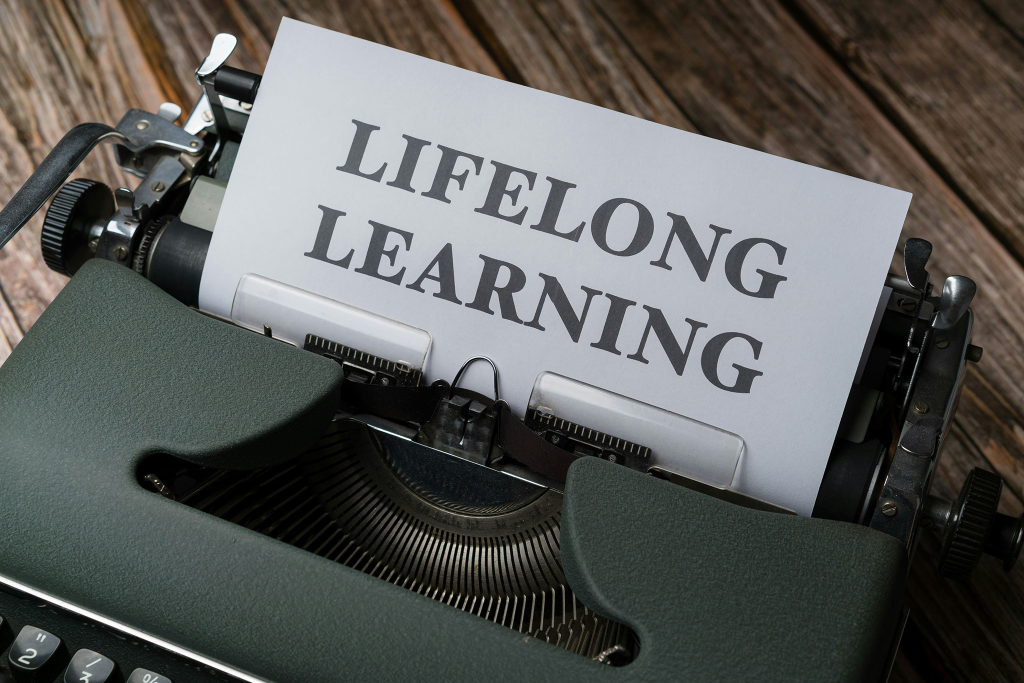Normalizing the Learning Curve
Teaching is an incredibly complex profession that takes years to master, yet teachers often expect themselves to be experts immediately. Understanding that struggle and growth are normal parts of the teaching journey can reduce self-criticism and help you maintain perspective. Here are some realistic timelines for development, which will normalize common experiences, and help you reframe challenges as learning opportunities rather than failures.
Realistic Timeline for New Teacher Development
Year 1: Survival
- Focus: Getting through each day
- Growth: Learning basic routines and procedures
- Expectations: Mistakes are normal and expected
- Support needed: Intensive mentoring and emotional support
Year 2-4: Stability
- Focus: Refining practices and building confidence
- Growth: Developing your teaching style
- Expectations: Still learning, but with more consistency
- Support needed: Continued guidance and professional development
Year 5-8: Competence
- Focus: Mastering craft and taking on leadership
- Growth: Mentoring others and innovating
- Expectations: Confident in core practices
- Support needed: Opportunities for growth and advancement
Common New Teacher Experiences
Things Every New Teacher Goes Through
- Having lessons that completely fail
- Crying in your car after a difficult day
- Feeling overwhelmed by all the things to learn
- Wondering if you made the right career choice
- Comparing yourself to veteran teachers
- Making mistakes with parents or administration
- Having students who don’t seem to like you
- Feeling like you’re not making a difference
Normalize These Thoughts
- “I have no idea what I’m doing” – Normal in year 1-2
- “This is so much harder than I thought” – Everyone feels this
- “Maybe I’m not cut out for teaching” – Common doubt, usually temporary
- “I’m the worst teacher ever” – Imposter syndrome talking
- “I’ll never be as good as [other teacher]” – Unfair comparison
Reframing the Learning Process
From Failure to Learning
- Instead of: “I failed at classroom management today”
- Try: “I learned what doesn’t work and can try something different tomorrow”
From Comparison to Growth
- Instead of: “That teacher is so much better than me”
- Try: “I can learn something from how they handle that situation”
From Perfection to Progress
- Instead of: “I should have this figured out by now”
- Try: “I’m further along than I was last month”
From Judgment to Compassion
- Instead of: “I’m a terrible teacher”
- Try: “I’m a new teacher who is learning and growing”

Did you find this helpful?
